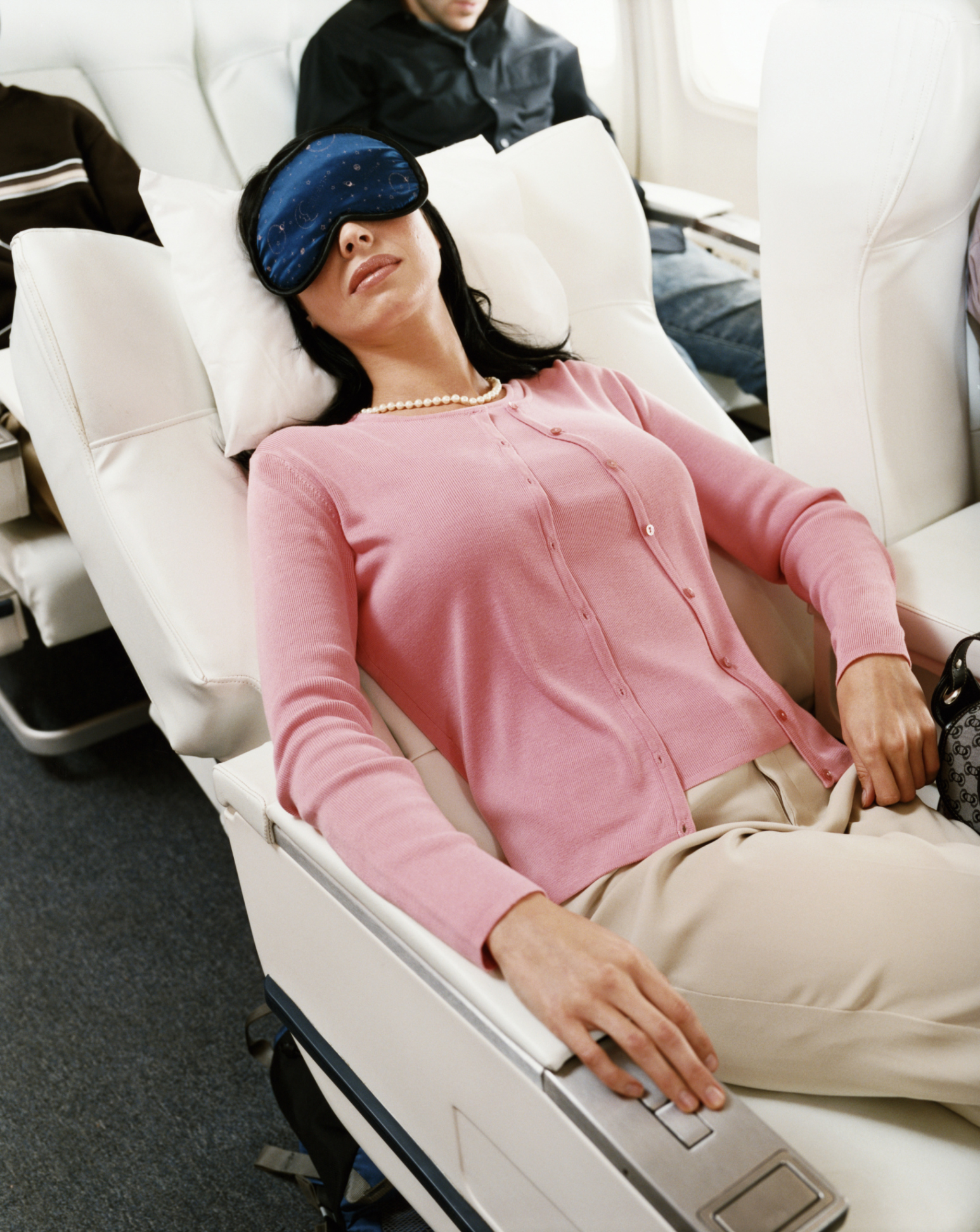


Whether you’re travelling for business or pleasure, jet lag can put a dampener on your first days in a new time zone. Symptoms like headaches, an upset stomach, or general sleepiness can ruin the beginning of your trip.
As frequent travellers, here are our personal travel mangers’ top tips for staving off jet leg and maximising the time you have on your next international trip.
Pre-Flight
There are a lot of different factors that can determine how affected you will be by jet lag, the most significant being the time difference between you and your new location.
You have a few different options that can potentially help lessen the effects, such as adjusting your sleep schedule in accordance to your new destination a few days before you leave. It doesn’t have to be extreme, just try to stay up a few hours later, or vice-versa, if your schedule allows.
Before you board, be wary of you alcohol and caffeine intake. These can affect your ability to sleep. Try to eat well and exercise the day before you board your plane, as studies have actually shown that working out regularly can help you adjust to your new time zone better.
During the Flight
To sleep or not to sleep – that is the real question! Sadly, there is no perfect answer. Try to stick to your new time zone as soon as you board your flight by adjusting your watch or phone when you take your seat.
If you are arriving in the morning and need to sleep, pick up some earplugs and an eye mask at the airport, or simply ask the cabin crew as they always have a few in reserve. Blocking out the lights and all of the various airplane noises can make a huge difference especially in an unusual sleeping environment. Packing a travel pillow is also a wise move.
If you have to stay awake so you can sleep when you land (i.e. you’re landing in the evening local time), try to make the most of your time while seated. Work on that big presentation, start the novel you always knew you had in you or catch up on your favourite TV show. Staying hydrated and eating light meals or snacks can also help fight fatigue.
No matter what, remember to get up every couple of hours and stretch!
Post Flight
Now that you’ve arrived, the real work starts. The goal is to re-adjust your circadian rhythm (your internal 24-hour body clock) to match your new time zone. The secret is to expose yourself to sunlight during the daytime and reducing exposure to synthetic light a couple of hours before you’re due to fall asleep.
If your plane arrives around dinnertime, try to eat a light meal and take a long walk instead of falling asleep as soon as you get to the hotel. It might feel tough but you will thank yourself in the morning. On your first days, try to plan exciting activities that keep you active and encourage you to stay awake.
The old adage “East is a Beast” rings true; many travellers find recovering from an eastbound flight can be much more difficult than heading west. If you are travelling east, don’t plan any important meetings right away. Alternatively, try to calculate times that you would be awake in either place to help minimise the effects when you need to be on your ‘A’ game.
To plan your next trip speak to your personal travel manager or find one near you.